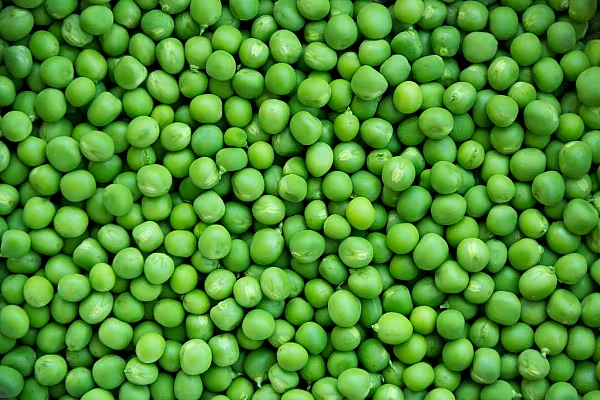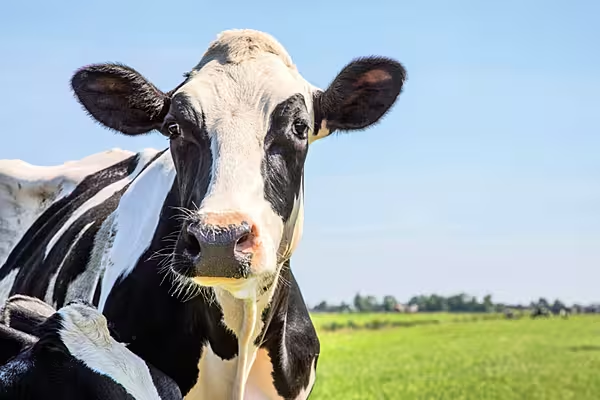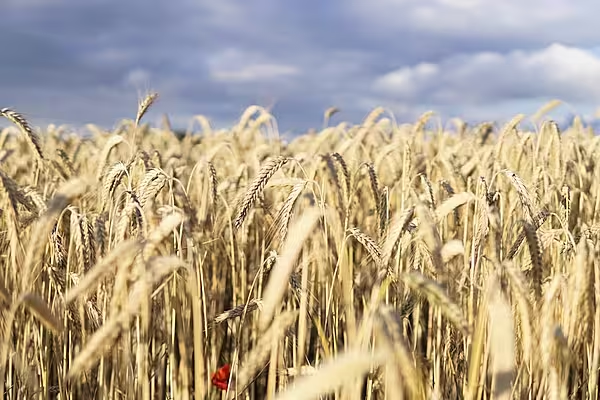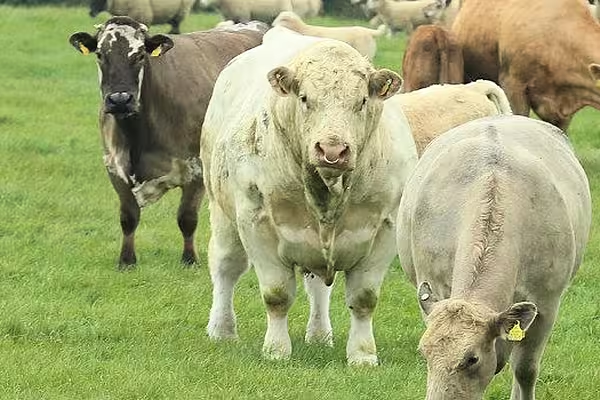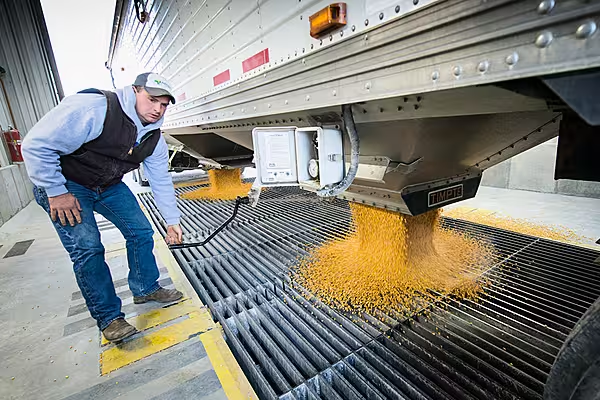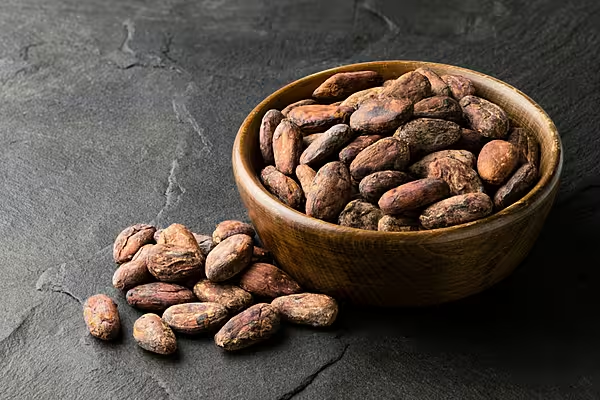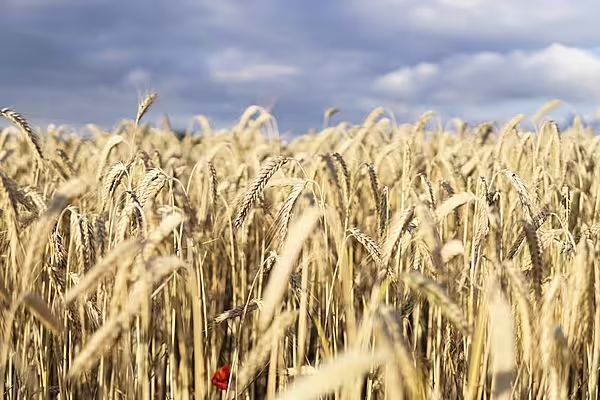Just a few years ago it seemed like Canada’s farmers couldn’t get peas into the ground fast enough, but they’re now falling out of favour.
Pea plantings will probably decline to a seven-year low this spring, while lentil acreage drops by 27%, according to the nation’s agriculture ministry.
Sowings will decline as farmers swap land for wheat and canola, the Canadian-made oilseed that’s used in everything from salad dressing to french fries.
It’s a classic crop boom and bust. Since 2014, pea and lentil acres surged across the country amid rising demand for the vegetarian staples and as farmers enjoyed record prices for the legumes. But that swell of production quickly led to a global glut and sent prices tumbling.
Now countries such as India, the world’s biggest consumer, are imposing tariffs on imports to try to shore up markets for domestic suppliers. Regina, Saskatchewan-based AGT Food & Ingredients, one of the top exporters of pulse crops, has slumped more than 40% in the past 12 months.
“It is challenging to put pulses in knowing that returns are not going to be as profitable,” said grower Morgan Nunweiler, who plans to slash his lentil acres in half and plant more wheat on his 3,000-acre farm hear Rosetown, Saskatchewan.
“Looks like defaulting to cereals and canola is kind of what farmers in the area are doing.”
Falling Bids
Grower bids, a measure of cash prices, for some grades of large green lentils have tumbled 34% since November, and bids for red lentils were as low as 16.5 Canadian cents a pound in mid-February, according to data from Vancouver-based Stat Communications.
By comparison, canola futures remained steady since November 30, while benchmark wheat traded in Chicago climbed almost 10%.
As supplies grew, prices were further hurt amid declining export prospects. In December, India imposed a 30% duty on chickpea and lentil imports. The chickpea tax was increased to 40% this month. The country had bumper harvests and is trying to unload its surplus inventory.
“After India did what they did, it sort of shocks the market and shocks farmers a bit,” said Corey Loessin, board chairman of the Saskatchewan Pulse Growers.
Meanwhile, export demand for canola from countries such as China, Mexico and Japan remains strong, and additional oilseed acres will not result in a supply glut, according to Chuck Penner, the owner of LeftField Commodity Research in Winnipeg, Manitoba.
Rising acres will send production of the oilseed to an all-time high, Agriculture and Agri-Food Canada said in a January 25 report.
News by Bloomberg, edited by ESM. Click subscribe to sign up to ESM: The European Supermarket Magazine.
